
Hospital stay and going home
Hospital stay and going home
The average stay in hospital is about three days, if there are no complications. Use the time to rest and gather as much information as possible. Alternatively, you may want to consider early discharge.
Early discharge
If you and your baby are doing well and your choice is to return home within 24 hours after the delivery, it is advisable to have a midwife check on you and your baby daily for the first week. Discuss this option with your caregiver.
Advantages
- Financial saving.
- Shortens your stay, if you dislike being in hospital.
- Quick return to familiar surroundings.
- Shortens separation from your other children.
Disadvantages
- Little time for you to learn from the nurses.
- No expertise at hand in case of complications.
- You will need help with your baby’s care and the household chores.
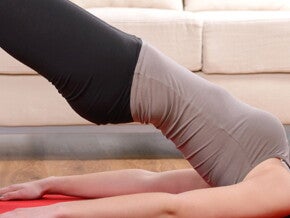
Postnatal exercise progressions
Check your basic progressive exercise programme with your caregiver.
5 mins to read

Baby Thrush
Thrush is a fungal infection and can be found in your baby’s mouth, nappy area or under the chin. The fungus lives on the skin and usually causes no harm, but when conditions are favourable,&n
2 mins to read
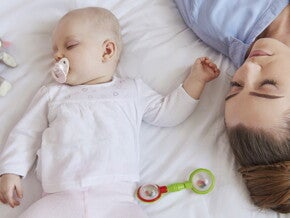
Getting baby to Sleep & fighting fatigue
Getting enough sleep during the first months of your baby’s life means adjusting to your own new sleep habits and those of your baby.
5 mins to read
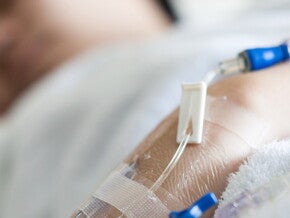
Your body
After the birth your body undergoes rapid physical and hormonal changes.
4 mins to read

Check-up
A general physical and gynaecological examination is advised 4–6 weeks after delivery to assess your recovery and the return of your body to its non-pregnant state.
1 min to read
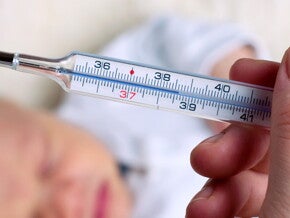
Baby’s temperature
The normal temperature of a healthy infant varies between 36–37°C. A slight rise in temperature may be due to a cold or a mild digestive upset.
5 mins to read
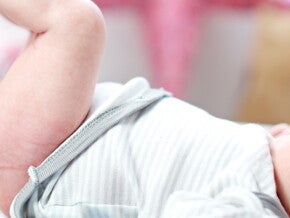
Stools
A baby’s bowels usually work within the first 24 hours after birth. The first stool, meconium, is blackish-green and sticky, with no smell.
2 mins to read

Baby bottle feeding equipment
you have decided to bottle feed your baby
1 min to read
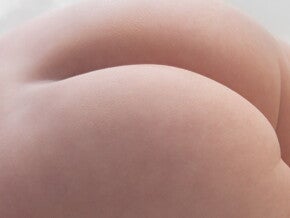
Rashes
A young baby’s skin passes through many phases, from clear to spotty (rash), to peach-like. This may be due to the transition from a protected environment in the womb to the outside world.
5 mins to read
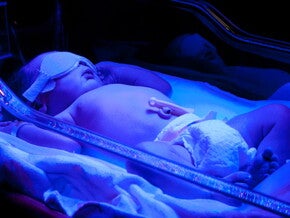
Common concerns in the first days
Physiological jaundice
5 mins to read
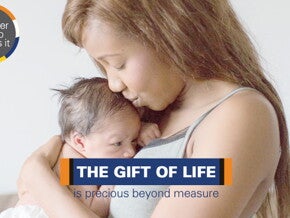
Breastfeeding Videos
A Breastfeeding experience which is enjoyable and beneficial to both mom and b
5 mins to read
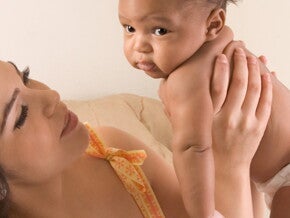
At Three Months
Your baby lifts his head up when lying on his tummy. His hands can grasp a small rattle, and he has started laughing.
5 mins to read

Breastfeeding – Foundation of life
Nestlé Start Strong Stay Strong aims to provide support to encourage your breastfeeding journey.
5 mins to read

Emotional development in Your Baby
Your baby is discovering their emotions from birth.
3 mins to read
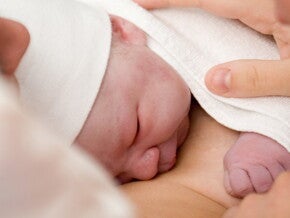
My newborn
Parent-infant interaction
Interaction with your baby begins before she is born. You usually feel life at about 20 weeks into pregnancy as light, fluttering sensations.
5 mins to read

At Four Months
Baby is growing and getting excited about, well, just about everything. Especially playtime and all the things hands can touch. Hands are so fascinating!
5 mins to read

Foundation of life
Breastmilk is uniquely designed for each individual baby!
5 mins to read
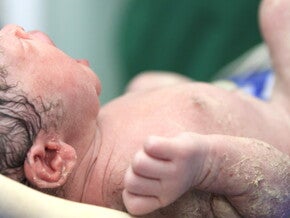
The Apgar score
Apgar:
A system of evaluating a newborn’s physical condition by assigning a score (0,1, 2) to each of the following criteria:
5 mins to read
